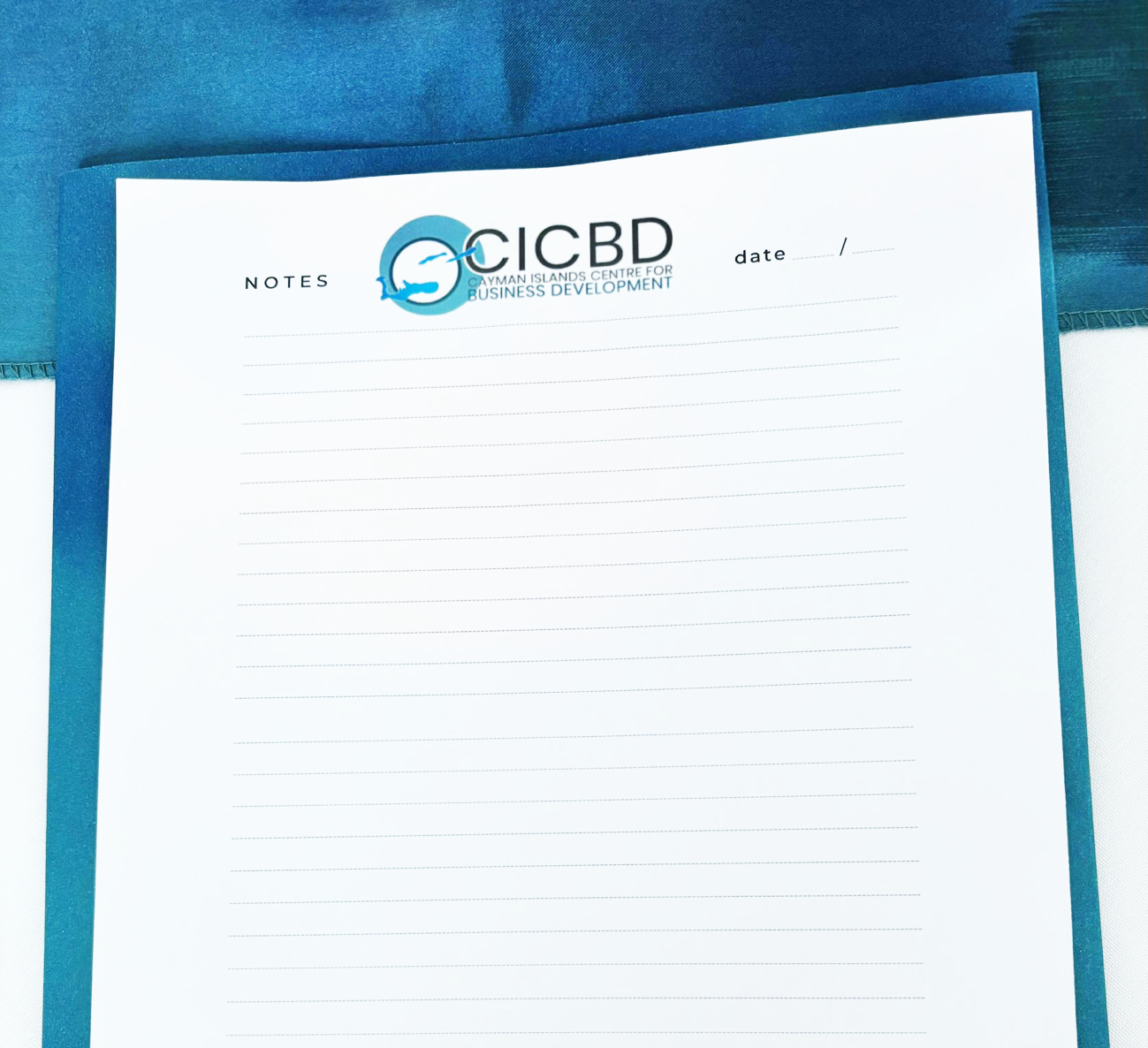Take Action to Optimize Your Business Management
LET'S GET STARTEDBuy assets and equipment
Before spending large amounts of capital on equipment, it is prudent to test the market with a minimum viable product (MVP). A MVP is a version of a product with just enough features to be usable by early customers.
Once you have iterated the product so that it receives the proper amount of positive user feedback, it is time to think of purchasing the specialized equipment you will need to succeed.
Know the assets and equipment you need
Business assets fall into three broad categories: tangible, intangible, and intellectual property. Depending on the asset type, you’ll have to decide whether you want to buy or lease assets for your business. The first step is figuring out which assets will help your business succeed.
Tangible assets
Things like buildings, vehicles, and equipment are used for regular business activity and lose value over time. Things like printer paper, which get used up, typically don’t get counted as assets. When managing your finances, you can count tangible assets on your balance sheet as property or equipment.
Intangible assets
Your business reputation, brand, or business partner’s influential network are intangible assets or things you can’t touch. You don’t list these on your balance sheet and it’s often difficult or impossible to sell them for cash. But they can still contribute to the overall value of your business.
Intellectual property
A type of intangible asset that includes trademarks, patents, logos, websites, domain names, and software. Intellectual property is often protected by copyright or trademark protection.
Decide to lease or buy
Once you’ve determined all the assets you need for your business, you can decide how you’d like to acquire them.
Lease
Leasing can be a good option if the equipment you need is very expensive. Commercial space can also be leased, so you can rent a place to run your business. In some cases, leasing can actually be less expensive than purchasing with a high-interest loan.
Leasing benefits:
- Needs less cash or credit upfront
- Short-term leases let you test out the equipment
- Maintenance is sometimes included at no extra cost
Leasing disadvantages:
- The lifetime cost is normally higher than buying
- Replacing it when the lease is up could be expensive
- Having to return equipment after the end of the leased term may cause disruption to your business operation.
Every lease can be structured differently, so look into the details of your offer to make sure you’re getting something that works for you.
Confirm the details of a lease
There are two general kinds of leases, operating and capital. Since the accounting treatment is different, the kind of lease you use can have a significant impact on your business taxes.
| Operating lease |
|
| Capital lease |
|
There are other factors to look at, too. Leases sometimes have buyout options that let you fully purchase the asset at the end of the lease. The length of a lease can vary, and shorter leases typically have higher monthly payments. If you want to leave a lease early, you could face steep early-termination penalties.
You might want to ask an attorney to review a lease with you before signing, especially if any of the terms or conditions are unclear.
Buy
Buying equipment can be a good option if you have enough cash or credit available and you’re confident you’ll be using the assets for a long time.
Buying benefits:
- The lifetime cost to buy is usually less than leasing
- You can count it as an asset on your balance sheet
Buying disadvantages:
- Needs more cash or credit upfront
- Less opportunity to “test out” the asset
- You could be fully liable for maintenance and replacement
Buy with cash or credit
If you buy your assets with cash, you’ll own it in full right away. But it also means you’ll have less cash available to cover operating expenses. Make sure you’ve done your accounting homework, and that you can actually afford to pay with cash.
Loans can give you some of the same benefits of leases by distributing the total cost over a longer period. However, you’ll pay more in fees and interest than buying outright with cash.
You might be able to leverage lines of credit with your bank, or look for other sources to get more funding for your business.



